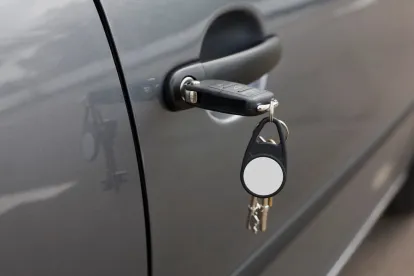The races for governor and attorney general in Washington state, one of only two states in the nation that do not require proof of legal U.S. residency to apply for a driver’s license, have underscored a proposal to create a two-tiered system mirroring the Utah model – which extends driving permits to immigrants who cannot prove legal U.S. residency but does not allow this document to serve as proof of valid identification.
The issue has pitted immigrant rights groups, who argue that providing access to driver’s licenses encourages safer roads and higher rates of auto insurance, against conservative activists who contend that failing to ask for proof of legal U.S. residency will lead to voter identity fraud. For its part, Utah’s Driver License Division has reported that the number of people applying for a Driving Privilege Card has steadily increased since 2005 despite growing concern about a 2011 change that requires the state to notify U.S. Immigration and Customs Enforcement for applicants with a felony conviction and other agencies in the case of individuals who have an outstanding warrant for a misdemeanor offense.



 />i
/>i
